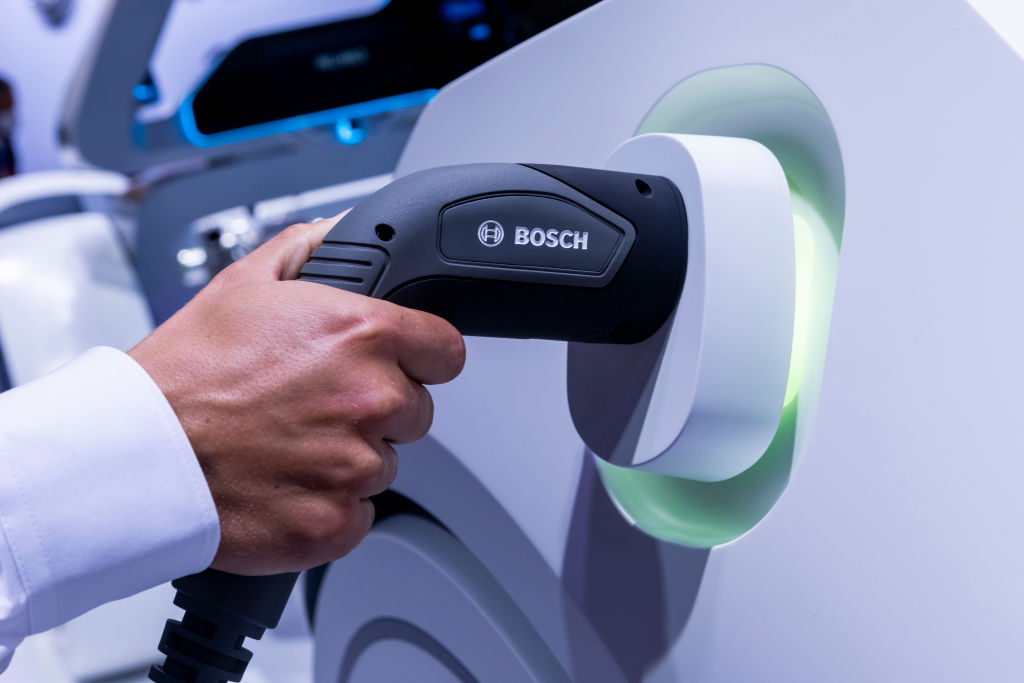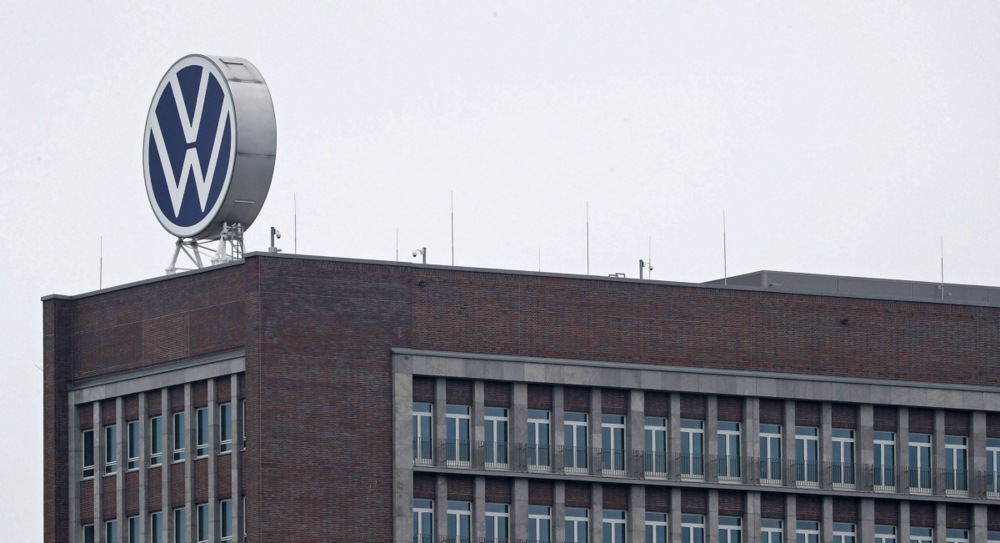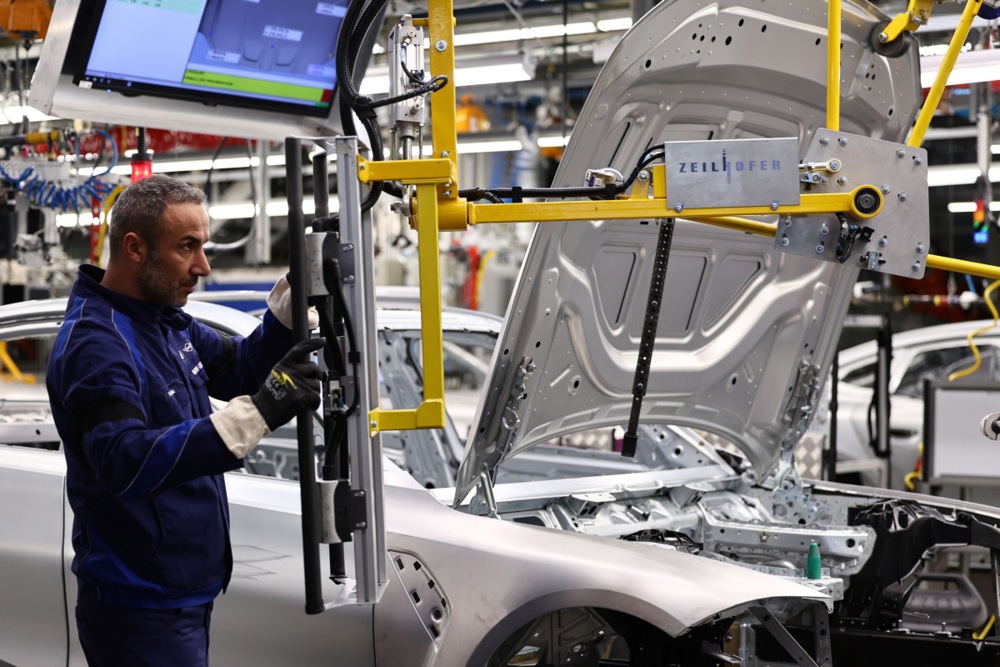German industrial giant Bosch will lay off thousands more employees than it had already announced, it said on December 11.
Frank Sell, the company’s deputy chairman, told Reuters around 8,000 to 10,000 jobs in Germany were at risk.
The cuts would be in Bosch’s so-called mobility business sector which supplies parts to automakers around the world.
Sell called the atmosphere at the German engineering and technology company “absolutely unbearable.”
A company spokesperson confirmed the numbers to CNN.
“The difficult economic environment and the ongoing transformation in the automotive industry are presenting us — like other companies — with major challenges. It is important for us to remain competitive under these conditions,” Bosch said in a statement.
In particular, “the mobility sector is undergoing a profound transformation,” it said.
In late November, Bosch already announced it would cut 5,550 jobs worldwide. Two thirds of the cuts, or 3,800 jobs, would be in Germany alone.
The pre-Christmas announcement meant that number had risen drastically.
Germany has reportedly experienced a near-record number of corporate insolvencies, with a major economics firm warning that insolvencies have hit their highest point since 2010. https://t.co/UUqIn9CgW2
— Brussels Signal (@brusselssignal) October 11, 2024
Unions and employee representatives, who had already expressed anger about the first wave of cuts, said they were preparing action plans for next year and strikes were on the table.
The European Union’s push for electric vehicles meanwhile was experiencing significant delays.
These directly impact Bosch’s production start-ups and vehicle manufacturers’ call-off, or pre-ordered commitment, figures, as the EU’s entire automotive market entered a crisis.
Many European car manufacturers struggled with low sales, high costs, and crushing competition from China.
Meanwhile, the EU threatened the companies with fines if they did not make sufficient process in the so-called climate transition, by reducing use of combustion engines and achieving targets on EV sales.
Bosch’s problems coincided with a wider German economic slump. Car makers such as BMW, Mercedes and above all Volkswagen have released a steady flow of negative announcements concerning their sales, profits, and job losses.
Other large players in other German industries also struggled, with German multinationals such as Thyssenkrupp, Siemens, and Deutsche Bahn saying they would each cut thousands of jobs.
The interview with @EuroBriefing on #Germany and his book “Kaput: The end of the German miracle” ?? ?? ??
Is now online
Don´t miss the full #interview https://t.co/OKUg4dcq48 #policy pic.twitter.com/K2fHOwEXdw
— Brussels Signal (@brusselssignal) December 7, 2024





